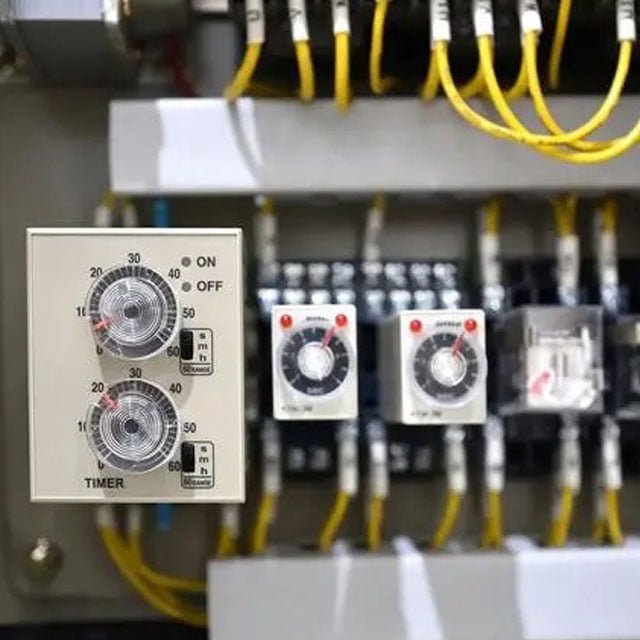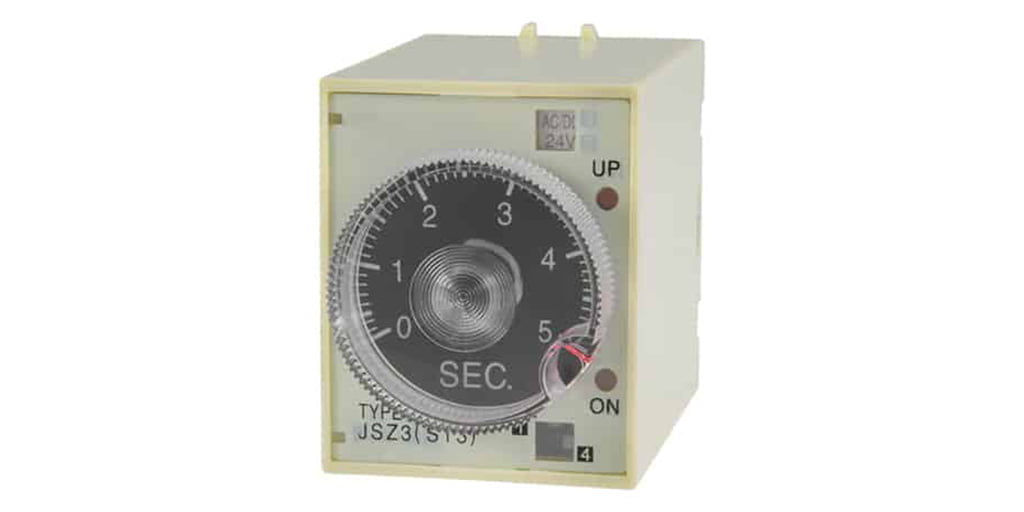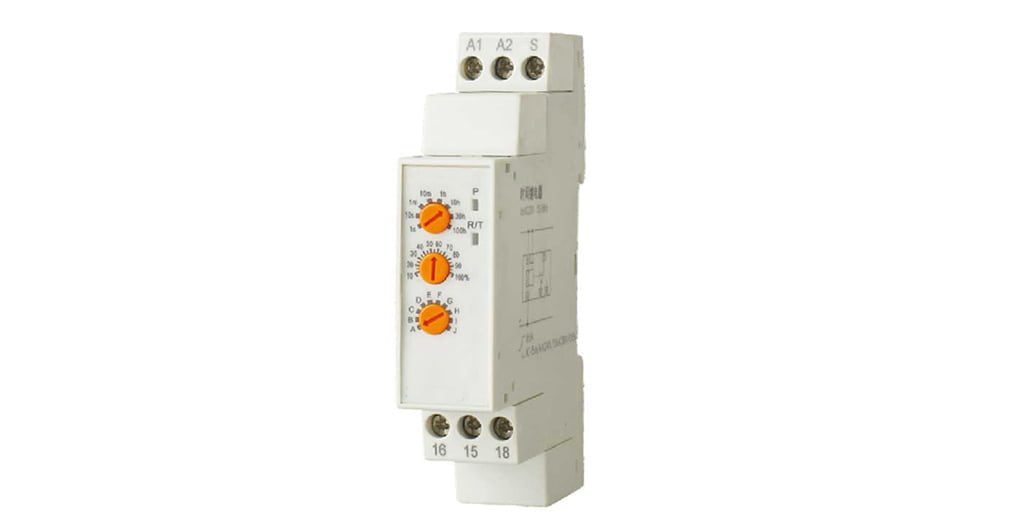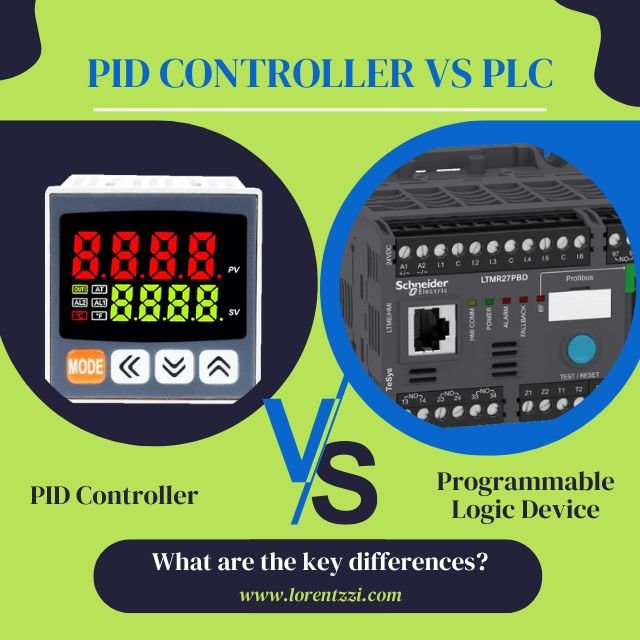A timer relay is an electrical control device that can control the switching of a circuit within a specific time. Timer relays are widely used in industries, households and businesses. The basic principle of the timer relay is to convert the electrical signal into a mechanical action, and control the switch of the circuit through a mechanical device. With the continuous advancement of technology, the types of timer relays are also increasing. Below we will introduce several types of timer relays.
Mechanical timer relay
The mechanical timer relay is one of the earliest types of time relays. They usually consist of mechanical gears that turn or oscillate to switch electrical circuits on and off. The mechanical time relay has the advantages of simple structure, high reliability and long service life. They are widely used in fields that require precise time control, such as automated production lines, elevators, parking lots, etc.
Electronic timer relay
Electronic timer relay is a time control device based on electronic components. They usually use electronic components such as integrated circuits and transistors to control the switching of circuits through electronic signals. Compared with mechanical time relays, electronic time relays have the advantages of higher precision, lower power consumption, and faster response speed. Electronic time relays are widely used in occasions that require high-precision time control, such as air conditioners, lighting controls, and vending machines.
Digital timer relay
Digital timer relay is a time control device based on digital circuit. They usually use digital circuit components such as digital integrated circuits and microprocessors to control the switching of circuits through digital signals. Compared with electronic time relays, digital time relays have higher programmability and flexibility.
Wifi timer relay

The wifi timer relay is a time control device based on wireless technology. They use wireless signals to control the switching of circuits. This wifi controlled time relays usually use radio frequency technology, such as infrared, bluetooth, radio frequency, etc. Compared with other types of time relays, this non-contact time relays have higher safety and convenience, and also reduce wire wiring and installation costs.
Multifunction timer relay
The multifunction timer relay is a time relay with multiple control modes(on delay, off delay, one shot, repeat cycle etc.). They can set different control modes according to different needs, and realize various complicated time control tasks. Multifunctional time relays usually have multiple input and output signal interfaces, and support multiple control methods, such as voltage, current, frequency, etc.
Advantages and disavantages of different types of timer relays
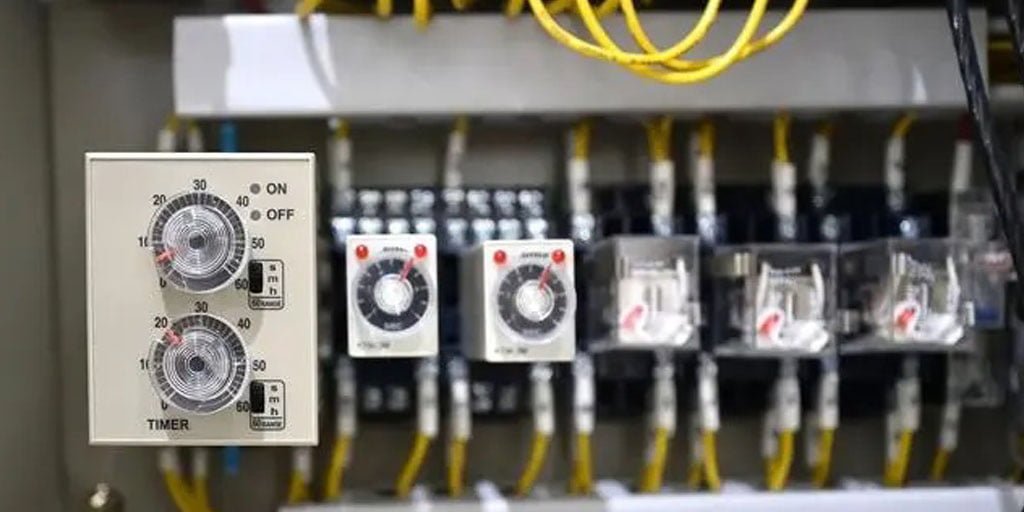
Whether it is a mechanical timer relay or an electronic timer relay, both have the advantages of simple structure, convenient installation, and low price. However, they also have some disadvantages, such as low accuracy and being easily affected by factors such as ambient temperature and voltage. Therefore, in some occasions that require high precision of time control, digital timer relay has become a more suitable choice. The digital time relay not only has the advantages of high precision, good reliability, and flexible control, but also can set multiple control modes through the program to realize complex time control tasks. Digital time relays are widely used in fields such as electric power, electricity, machinery, aviation, metallurgy, and construction.
The non-contact time relay has higher safety and convenience, and also reduces wiring and installation costs. Non-contact time relays are widely used in electronic access control systems, wireless lighting control, security systems, etc.
The multifunction timer relay has a variety of control modes, which can be set according to different needs to achieve various complex time control tasks. Multifunctional time relays are widely used in various fields that require flexible control, such as refrigeration equipment, heating equipment, motors, etc.
Conclusion
In short, timer relays play a very important role in modern industry. By choosing a suitable timer relay, it is possible to achieve accurate control of the circuit, improve production efficiency, reduce energy consumption, reduce manpower input, and make the production process more intelligent and automated.

